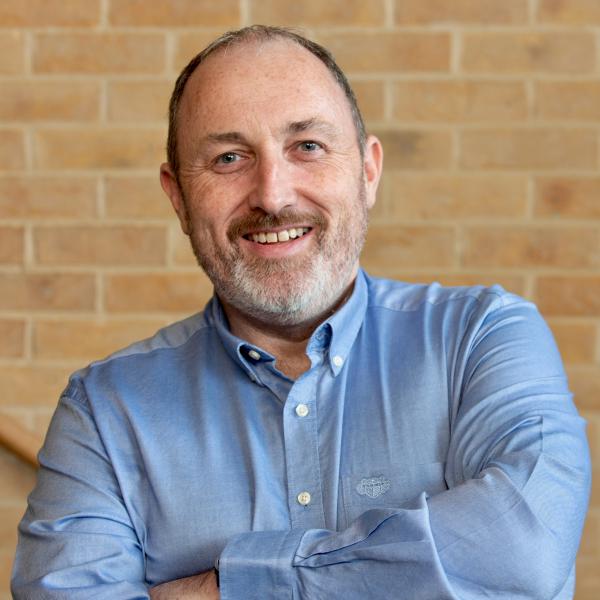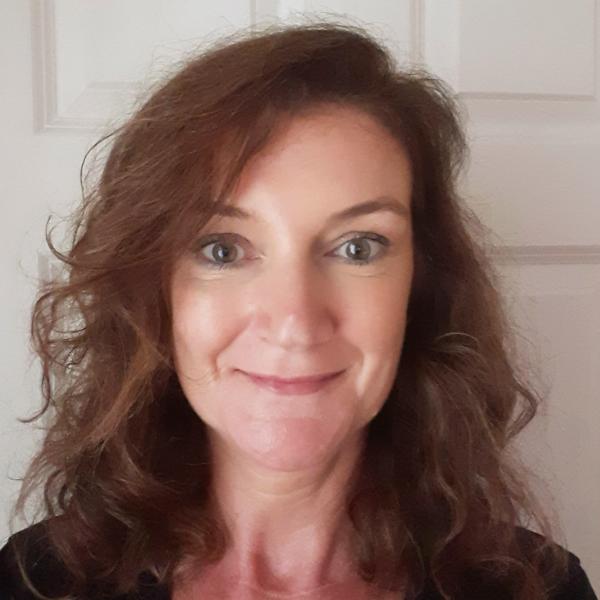Irish Cancer Society awards 'Misinformation and Disinformation in Cancer' research grant
Health claims are increasingly shared by researchers, journalists, friends, online influencers, and others. These claims can spread rapidly, and it can be difficult for people to know what is true, what is false, and how to make informed health choices.
Misinformation about cancer prevention or cancer treatments can have real-world consequences. For instance, health claims promoting alternative cancer therapies can, in some circumstances, mean a person is five times less likely to survive their cancer diagnosis [1].
A key priority of the Irish Cancer Society Strategy (2020 - 2025) is to increase the number of people surviving cancer and improve the quality of that survival. With this in mind, in 2020, the Irish Cancer Society launched a grant call seeking to develop an intervention that would provide people impacted by a cancer diagnosis with the skills and knowledge necessary to understand and assess the reliability of treatment claims and choices.
After a rigorous review process, the grant was recently awarded to joint-lead investigators Professor Declan Devane and Elaine Finucane of NUI Galway for their study, Informed Health Choices-Cancer (IHC-Cancer).
This research has the potential to deliver real, meaningful, and timely change to the experiences of people with cancer. Prof Devane explains: “We have laid the groundwork for this study through an initiative we are involved in called The Informed Health Choices (IHC) initiative.”
“The IHC has developed learning resources that provide people with the skills to assess health claims for reliability and use this information to make informed decisions about their health.”
The IHC learning resources include a set of 49 principles, called Key Concepts. The Key Concepts help people judge the trustworthiness of claims and will be used as the framework to develop a cancer-specific program.
By the end of the study, the team aim to have “developed a learning resource to provide those impacted by cancer with the skills and knowledge necessary to assess the reliability of health claims.”
The Irish Cancer Society wishes Declan, Elaine, and their entire team the best of luck with their study.
[1] Johnson, S. B., Park, H. S., Gross, C. P., & Yu, J. B. (2018). Use of alternative medicine for cancer and its impact on survival. JNCI: Journal of the National Cancer Institute, 110(1), 121-124.

Professor Devane is a Professor of Midwifery at NUI Galway, the Deputy Dean at the College of Medicine, Nursing, and Health Sciences; the Scientific Director at HRB-Trials Methodology Research Network and Director of Evidence Synthesis Ireland and Cochrane Ireland.

Elaine Finucane is a midwife, a Cochrane Fellow, and a Research Associate in the Centre for Health Evaluation, Methodology Research, and Evidence Synthesis (CHEMRES) and NUIG.
